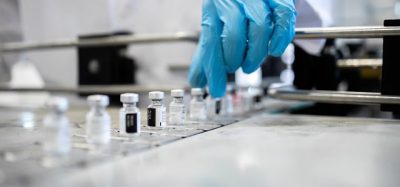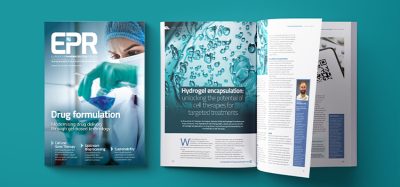Prioritise cultural change to enhance pharma digital innovation efforts, says Pistoia Alliance
Posted: 4 April 2025 | Catherine Eckford (European Pharmaceutical Review) | No comments yet
The research highlights that major barriers to digital innovation in life sciences include cultural attitudes on AI’s potential, governance and digital skills.


New findings from The Pistoia Alliance report major challenges to adoption of data-driven innovation and AI in life sciences. The research is based on a poll conducted at the organisation’s annual European conference. Resistance to change emerged as the biggest obstacle to innovation (51 percent). To overcome this, the Alliance urged the pharmaceutical industry to “prioritise cultural and behavioural change in digital transformation efforts”. Furthermore, at 17 percent, respondents reported employees lacking sufficient digital skills as the second biggest barrier to innovation. This emphasises the need to upskill today’s workforce, The Pistoia Alliance explained.
Agentic AI
At the conference, the Alliance identified Agentic AI as the technology that is expected to have the most impact over the next two to three years, based on feedback from conference attendees.
Yet the industry still harbours concern around AI’s capabilities. According to the data, 39 percent of respondents cited AI models producing incorrect answers as the biggest issue.
Further findings highlighted other major concerns around AI:
• Reputational risk for companies when building, choosing or using AI technologies (37 percent)
• Safety (17 percent).
However, 17 percent of respondents reported that organisations “never or rarely formally assess risks associated with AI use”.
Embracing digital innovation in pharma – what will it take?
increased AI regulation is on the horizon – in fact, 59 percent of our respondents expect increased government regulation in the next five years…Now is the time to embed rigorous AI risk assessments into everyday practice”
“Companies know that increased AI regulation is on the horizon – in fact, 59 percent of our respondents expect increased government regulation in the next five years…Now is the time to embed rigorous AI risk assessments into everyday practice,” explained Neal Dunkinson, Senior Director of Solution Sales at the Copyright Clearance Center (CCC).
“The poll confirms what many of our members are experiencing – that progress depends on people, culture and skills, not just technology… we must empower the people behind the science – from researchers to C-suite leaders – with the right skills and mindset to embrace innovation,” commented Dr Becky Upton, Pistoia Alliance President.
To support the industry’s use of this emerging technology, one of the Alliance’s initiatives, its agentic AI project, seeks to “define the roles and functions of AI Agents in clinical and preclinical settings and establish industry guidelines for how agents should interact and work together”.
Related topics
Artificial Intelligence, Biopharmaceuticals, Data Analysis, Drug Development, Industry Insight, Research & Development (R&D), Technology, Therapeutics









